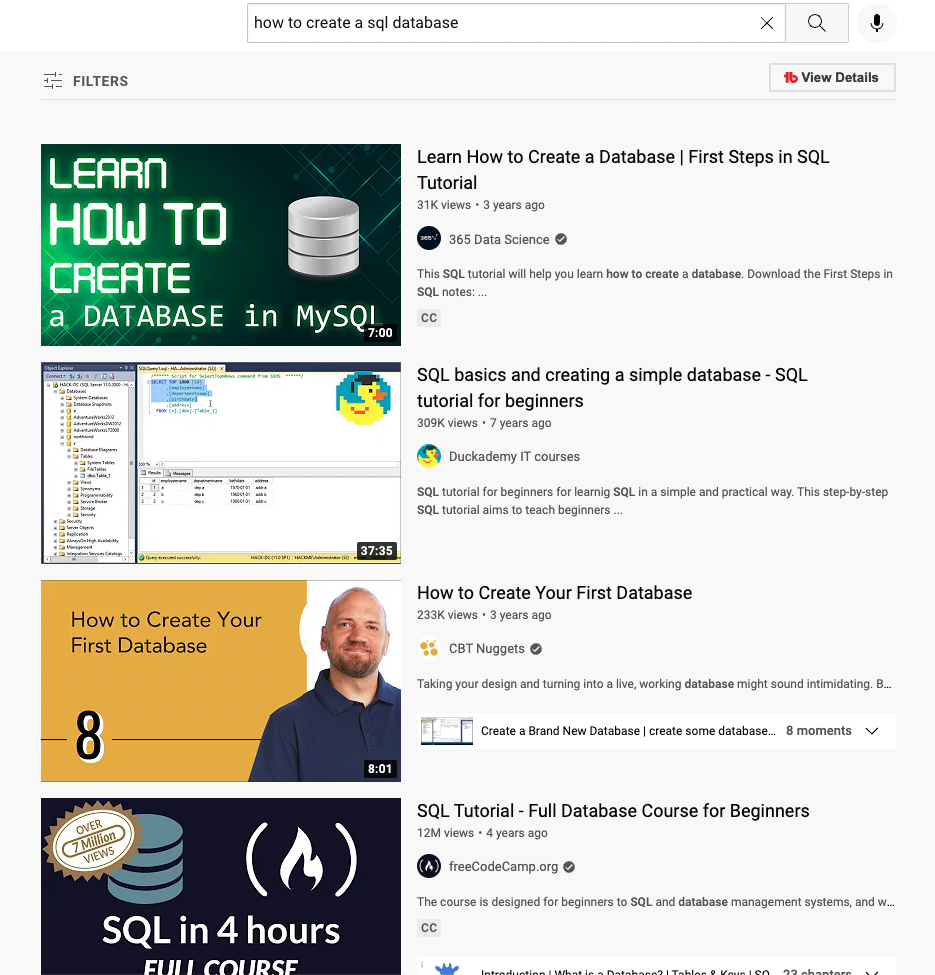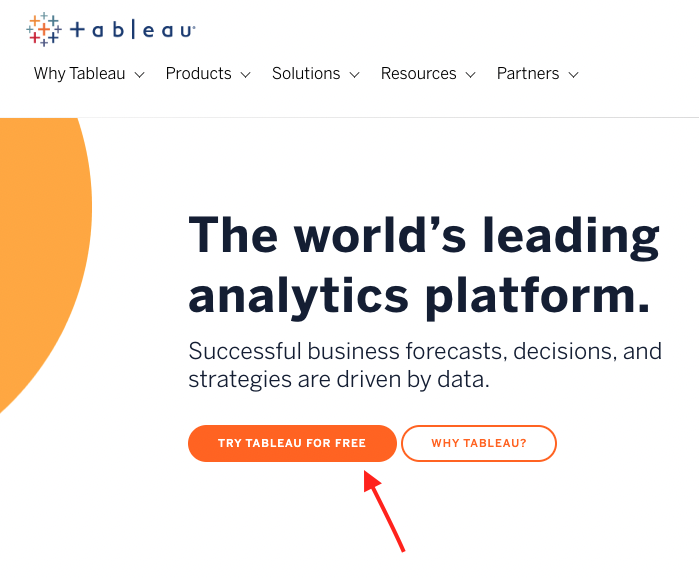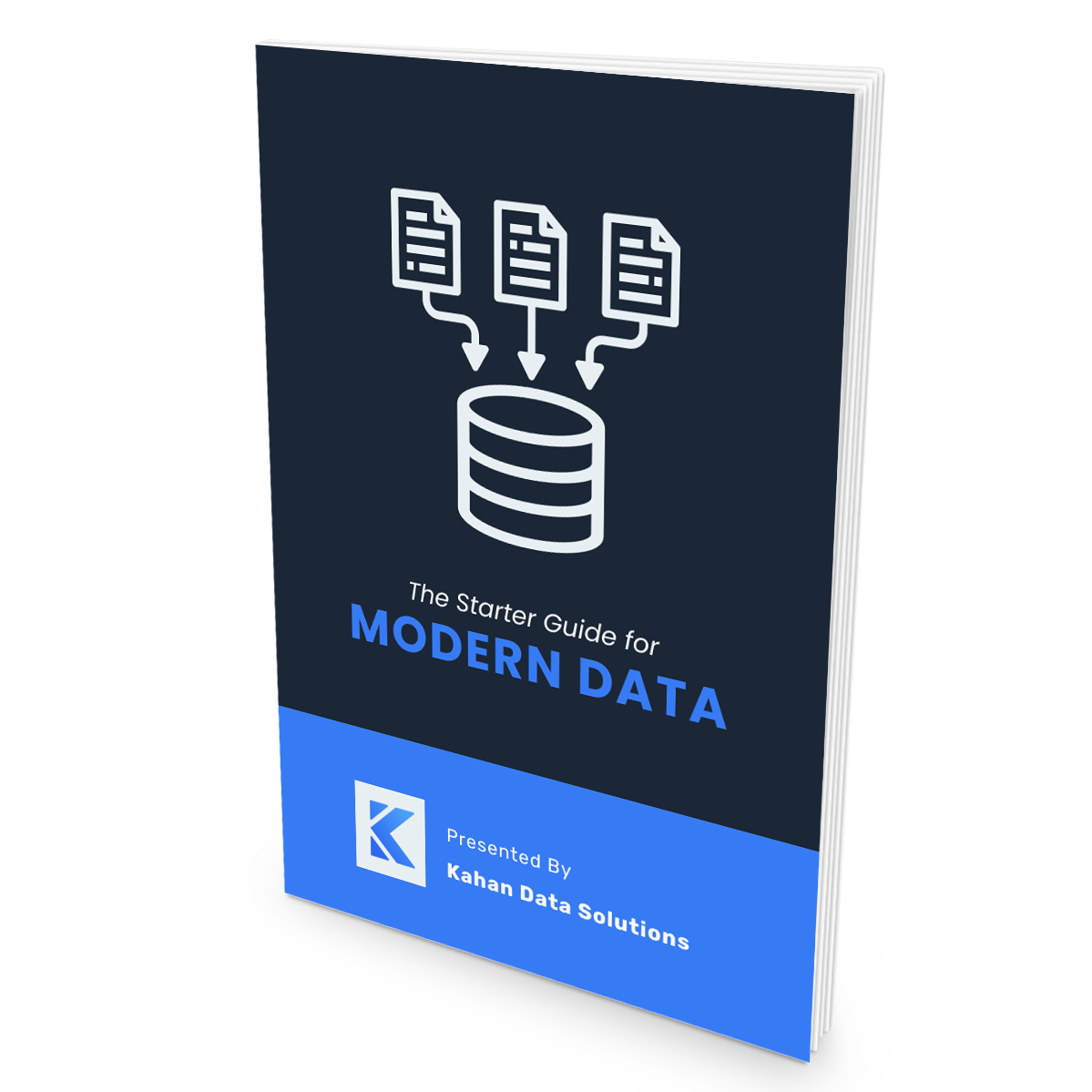
#011: Revealing The Biggest Myth of Data Engineering
Aug 28, 2022Myth: You need a computer science degree be a Data Engineer.
It's a highly technical field that takes years to learn.
Most job postings mention the degree and it's the only way to get selected.
If this was true, I wouldn't have a job.
You can become a Data Engineer without a degree.
I went to college for business and worked in non-technical roles for years before ever writing my first line of SQL.
Many of my colleagues followed a similar path, yet landed in the same position.
By thinking you need a degree, you give up before even getting started.
Instead, take advantage of unlimited access to information on the internet and be persistent.
Any skill or tool you want to learn about in school is taught on YouTube, free websites or paid courses.
Here's how to get started:
First, pick a skill or tool you want to learn about.
If you're unsure, pick a tool your company uses or ask somebody on the current data team what they recommend.
Let's say you want to learn SQL (which I suggest as a starting point).
Spend an hour or two every night after work searching for SQL tutorials on YouTube and Google.
Most of it will be confusing and feel like you're going all over the place.
But through the process you'll slowly pick up terminology and recognize concepts.
Next, think of a simple, but fun, personal project using the skill/tool.
For example, if you love basketball like me, try to create your own database with tables about different players, teams and cities.
Don't know how to create a database?
Head back to YouTube and somebody will show you.

It wont be perfect but the process of struggling through it is what matters.
This is called learning.
Think of different ways you might want to see the data.
Then ask the internet how to do it with SQL.
If you prefer more guidance, consider purchasing a course.
They provide more structure but at a significantly lower cost than college.
Once you have one tool/skill down, add another.
In our basketball database example, a next step could be creating visuals.
Download a free trial of a tool like Power BI or Tableau.


Research how to connect to your database and start playing around.
Want to add more to your database?
Research ways to use data extract and load tools.
Or find interesting public datasets.

Remember: There's no boss to tell you what you can and cannot do.
Use your imagination and keep going.
Finally, apply your skills at work or seek entry level jobs.
This requires the most persistence from you.
See if there are tasks in your current role where you can use your new skills.
Or maybe there is an opening at your company.
Reach out and express your interest.
But expect to be turned down for most roles due to lack of experience.
The key is to keep learning and keep trying.
Without a degree, you'll need somebody to take a chance on you.
But it happens.
And more often than you might think.
Even if your tech skills aren't perfect, show your passion and initiative.
You can teach the skills, but you cant teach that.
Of course, this is easier said than done and won't happen overnight.
Here are a few more tips to help you on this journey:
Tip #1: Showing > Explaining. People resist things that they don't understand. Instead of explaining an idea and hoping for permission, you'll have more success by first creating a proof-of-concept and "showing" what it could look like.
Tip #2: Play the long game. Avoid the urge to master everything before making a move. Your first goal is to get in the door and from there you'll continue to hone your skills for many years.
Tip #3: Use your network. You never know who might have an amazing opportunity for you or can connect you with somebody who does. But they cant help you if you don't speak up.
Too many aspiring data engineers assume they need a formal degree and never make it happen.
But don't underestimate the power of the internet and persistence.
Join Simple Stack Academy
Learn How To Design & Build Modern Data Architectures With Confidence
Get access to hands-on training courses, production-ready resources and a private community to help you take the next step in your data journey.
